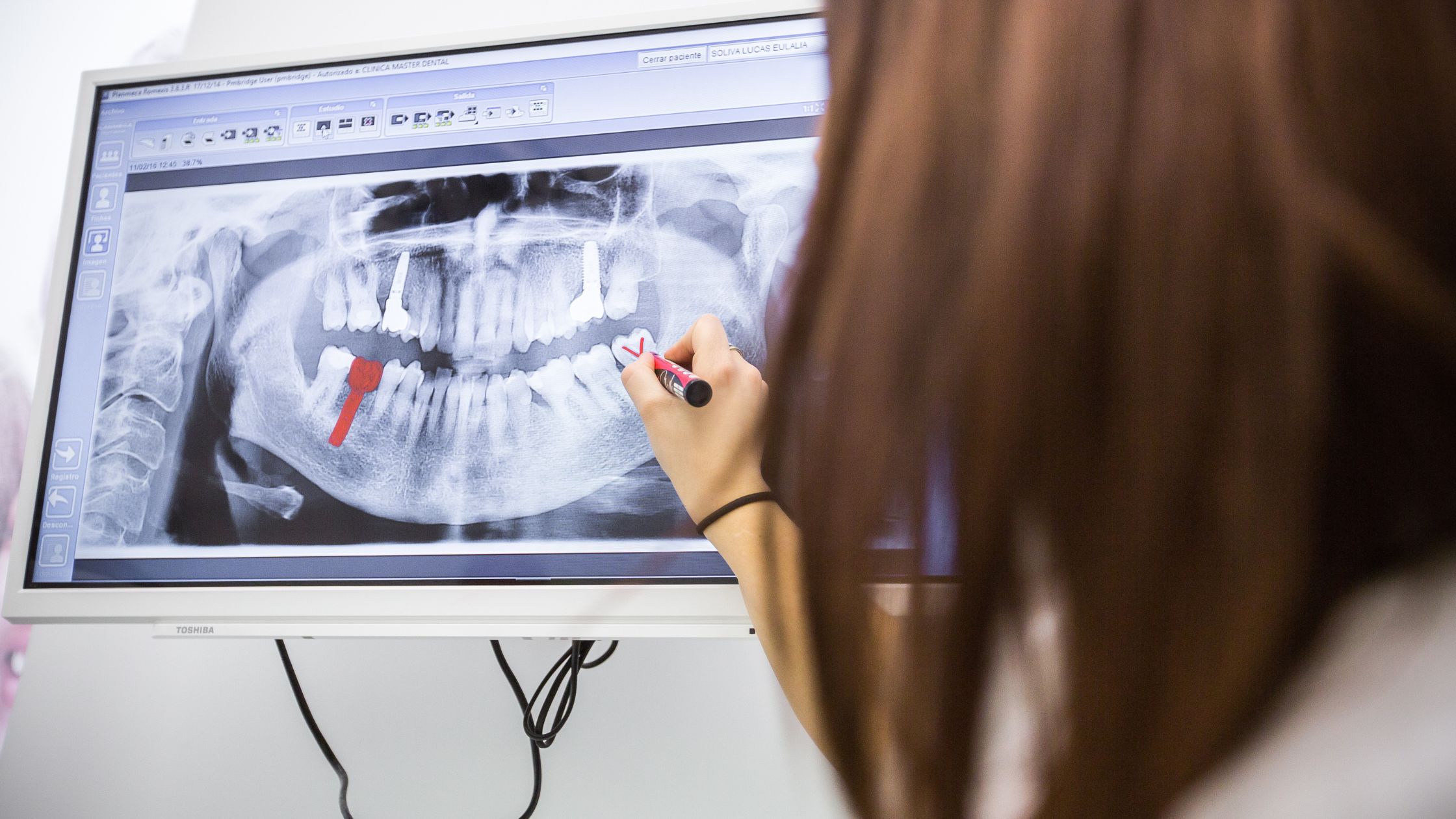Dental Implant Procedure and Recovery
If you’re looking for a permanent solution to missing teeth, dental implants might be the perfect solution. Unlike dentures, dental implants are permanent and blend in with your natural teeth, which can improve your appearance, boost your confidence, and give you a reason to smile again. However, the thought of undergoing a dental implant procedure might be intimidating, especially if you’re not familiar with the process. In this blog post, we’ll go over everything you need to know about the dental implant procedure, as well as what to expect during the recovery period.
The Dental Implant Procedure
The dental implant procedure involves a surgical process, which is why it’s important to choose an experienced implant dentist with a good reputation. First, the implant dentist will examine your mouth and determine the best location for the implant. Then, the implant will be placed into the jawbone using a drill. This process takes about an hour per implant, and you’re typically under local anesthesia or IV sedation, but you won’t feel any pain. After the implant is placed, the surgeon will add a temporary tooth or a healing cap and allow the implant to fuse with the bone tissue. This process typically takes several months.
Dental Implant Recovery
The recovery period is critical to the success of the dental implant procedure. The first 48 hours after the surgery are the most critical, and it’s important to avoid any strenuous activity. You’ll also be advised to consume a soft food diet for the first weeks following surgery. Swelling, soreness, and bruising are common during the recovery period, but these symptoms can be easily managed with ice packs and over-the-counter pain medication. It’s also important to maintain good oral hygiene during this time, as you’ll need to avoid brushing the site where the implant is installed.
Long-Term Care
Once the implant has properly fused with the jawbone, your implant dentist will attach a permanent crown to the implant. This process typically takes two to four weeks and takes a few visits to the dentist. Once the crown is in place, it’s important to maintain proper oral hygiene to prevent any complications. Regular brushing and flossing, as well as regular dental checkups, are essential to keep your implant in good condition. Avoiding hard and sticky foods is also important, as these foods could cause damage or dislodge the crown.
Benefits of Dental Implants
There are many benefits that come with getting dental implants. Unlike bridges, dental implants are more comfortable, stable and feel just like natural teeth. They allow you to eat, speak and smile with confidence, as they can restore your natural facial structure and fill in gaps left by missing teeth. They are also more durable and can last you a lifetime with proper dental care.
Conclusion
If you’re considering dental implants, it’s important to do your research and find a trusted implant dentist. Understanding the process and what to expect during recovery will also help make the experience less stressful. With proper care, dental implants can be a long-term solution to missing teeth and provide you with a reason to smile again.



